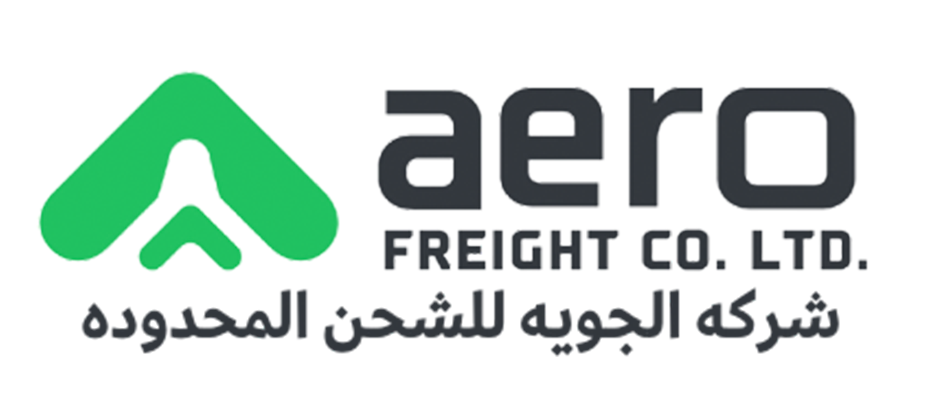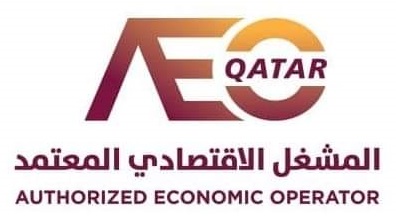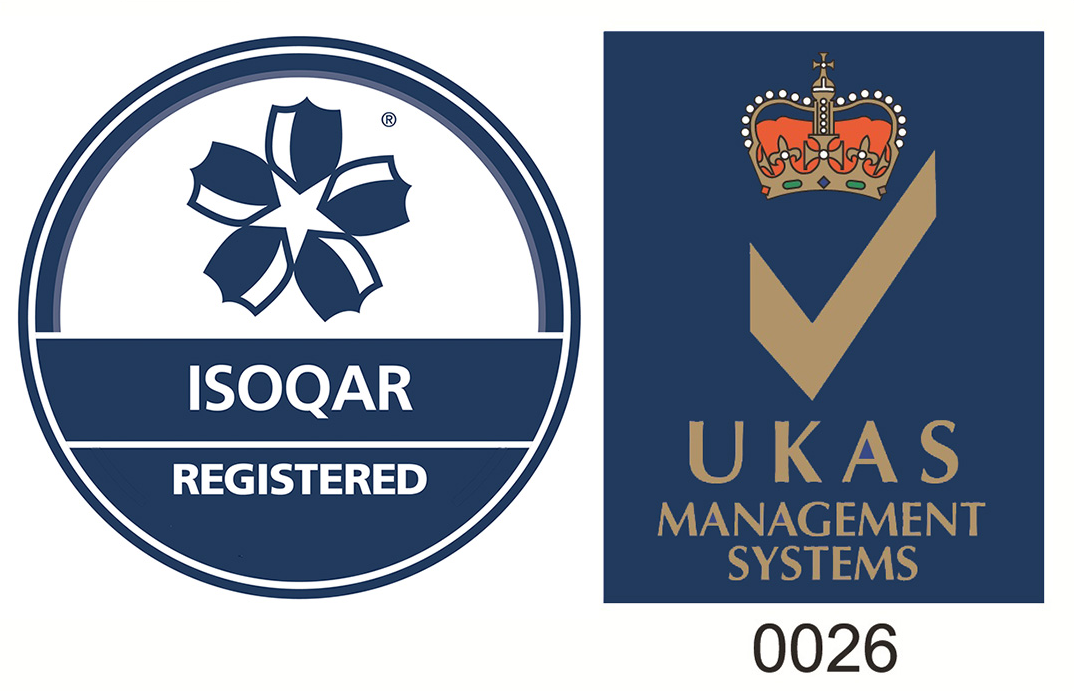When you’re looking to outsource any part of your business, you want to make sure the process is as smooth as possible. And that includes your logistics. That’s why it’s important to know what custom clearances you must have in place when working with a logistics company. In this blog post, we will explore what custom clearances are and what they mean for your business. We will also give you tips on how to make sure that your process goes as smoothly as possible.
Custom Clearances
Custom clearances are essential when opting for logistics services, as they help to ensure that your products reach their destination in a safe and timely manner. In order to qualify for custom clearances, your products must meet certain criteria specified by the shipping company. Examples of custom clearances include:
-Dimensional weight restrictions: Certain items, such as heavy machinery or medical equipment, may require a custom clearance in order to avoid exceeding the ship’s weight limit.
-Vessel security requirements: Certain ports may require additional documentation or screenings before your products can be transported. This could include a license from the government or a certification from an independent body, such as the Maritime Security Co-operation Program (MSCP).
-Insurance requirements: Many shipping companies require insurance coverage for your products during transport. This coverage is usually in place in case of loss or damage.
If you’re unsure whether your product requires a custom clearance, please contact the shipping company directly. They will be able to provide you with more information about the specific requirements necessary for your shipment to depart safely and on time.”
Import/Export
When it comes to importing and exporting goods, there are a few custom clearances you must know. Custom clearance is the process of determining whether or not a particular shipment will be allowed into or out of a country. Each country has its own set of criteria that must be met for a shipment to be cleared, which can vary depending on the type of cargo being shipped.
Here are some common custom clearance requirements:
– Customs declarations: Every shipment must include a customs declaration form. This form lists the items being imported and the value of each item. The form must be signed by the importer and the exporter, as well as any witnesses.
– Customs review: Once the customs declarations have been completed, the shipments will need to go through customs review. This is where authorities examine the contents of the shipment to make sure that all of the required information has been provided and that no prohibited items are included.
– Export license: If the items being imported are intended for sale in foreign markets, then an export license may also be required. Without an export license, it is illegal to sell exported goods outside of your home country.
Conclusion
When it comes to opting for logistics services, there are a few things you need to know in order to get the best deal. One of these is the custom clearances that you must have in place if you want your shipments delivered on-time and without any problems. By knowing what these clearances are and having them in place, you can avoid expensive delays and hassle down the road.



